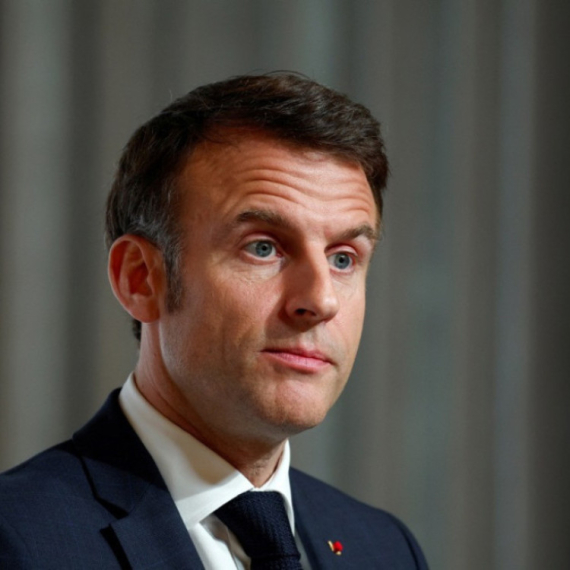“ICJ Kosovo ruling to be ambiguous”
Austrian diplomat Stefan Lehne does not expect the International Court of Justice (ICJ) to take a clear stance on Kosovo’s unilateral independence declaration.
Tuesday, 10.02.2009.
15:01

Austrian diplomat Stefan Lehne does not expect the International Court of Justice (ICJ) to take a clear stance on Kosovo’s unilateral independence declaration. The former EU envoy for negotiations on Kosovo’s future status said on Tuesday that it was highly unlikely that the court would rule that the independence declaration violated international law. “ICJ Kosovo ruling to be ambiguous” In his opinion, the unilateral independence declaration was not the best solution, “but there was no alternative.” “It would have been better had the UN Security Council been in a position to adopt a resolution,” he said. “The positions of both sides in the negotiations were too far apart, and in the Security Council, Russia was against a resolution supporting Ahtisaari’s proposal. In those conditions there was no alternative to Kosovo’s independence declaration,” said Lehne. He said that, due to the manner in which independence had been declared, the Kosovo Serbs had taken a very negative stance and had refused to integrate into the Kosovo political process. Lehne also said that Austria had recognized Kosovo independence as it was convinced that the pre-conditions were in place for the existence of a Kosovo state. He mentioned, nevertheless, that there were different opinions, and that “much more time will pass” before the five EU member-states who have not recognized Kosovo do so, and the EU takes a united position on the matter. Lehne said he would be surprised if the ICJ assumed a clear position. He said he believed the ICJ ruling would be very complex, according to the Austria Press Agency. Serbia successfully launched an initiative at the UN last year to bring the legality of Kosovo’s independence declaration before the ICJ. Stefane Lehne (FoNet, archive)
“ICJ Kosovo ruling to be ambiguous”
In his opinion, the unilateral independence declaration was not the best solution, “but there was no alternative.”“It would have been better had the UN Security Council been in a position to adopt a resolution,” he said.
“The positions of both sides in the negotiations were too far apart, and in the Security Council, Russia was against a resolution supporting Ahtisaari’s proposal. In those conditions there was no alternative to Kosovo’s independence declaration,” said Lehne.
He said that, due to the manner in which independence had been declared, the Kosovo Serbs had taken a very negative stance and had refused to integrate into the Kosovo political process.
Lehne also said that Austria had recognized Kosovo independence as it was convinced that the pre-conditions were in place for the existence of a Kosovo state.
He mentioned, nevertheless, that there were different opinions, and that “much more time will pass” before the five EU member-states who have not recognized Kosovo do so, and the EU takes a united position on the matter.
Lehne said he would be surprised if the ICJ assumed a clear position. He said he believed the ICJ ruling would be very complex, according to the Austria Press Agency.
Serbia successfully launched an initiative at the UN last year to bring the legality of Kosovo’s independence declaration before the ICJ.




























Komentari 42
Pogledaj komentare